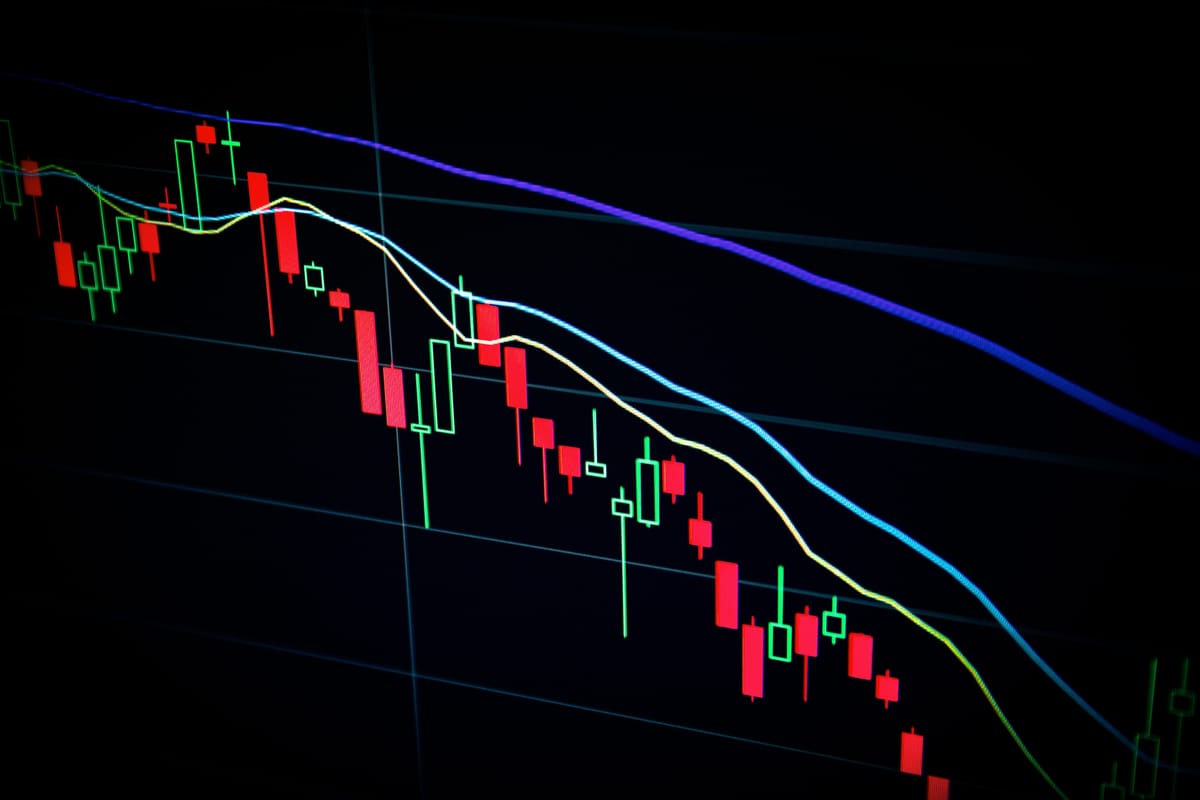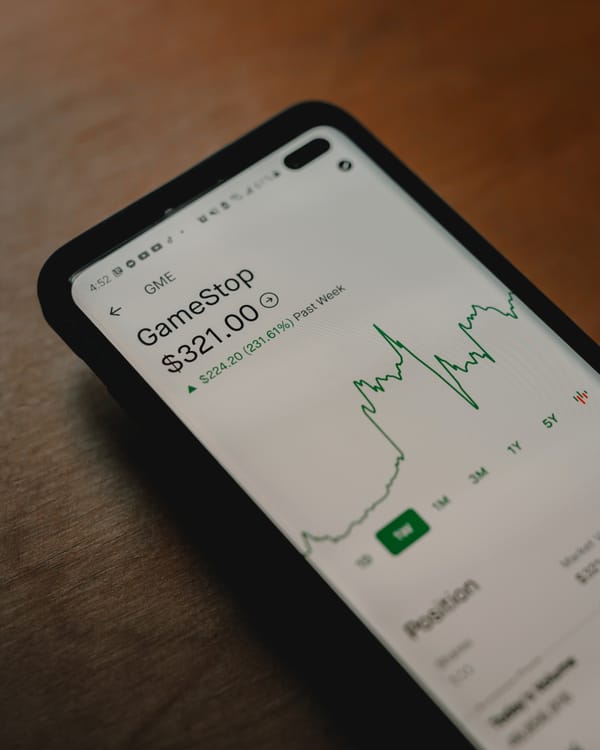Emerging Markets vs Developed Markets
In this article, investment writer Subleen Kaur presents a juxtaposition for emerging markets and developing markets, particularly centring on the investment discrepancies.

Like all investments, those in developed market equities also carry both risks and benefits.
Like different flags and different nations, there exist different markets. Notwithstanding the similarity, the difference arises with the taxonomy being rather less asunder compared to the number of countries. Talking of markets, classified categories are developed markets and emerging markets with the former being the easiest to identify.
As the phrase implies, developed markets or countries are relatively advanced economies. This edge emerges from highly developed capital markets with high levels of liquidity, meaningful regulatory bodies, large market capitalisation, and high levels of per capita income. Developed markets are found mostly in North America, Western Europe, and Australasia, including nations like the U.S., Canada, Germany, the U.K., Australia, New Zealand and Japan.
Different entities have different definitions as to what constitutes a developed market, which can make the issue somewhat confusing. As a result, a given country can be a developed market according to one firm and an emerging market according to another. For example, South Korea is a developed market according to FTSE, but an emerging market according to MSCI as of 2010.
Defining emerging markets and frontier markets gets a little trickier. An emerging market is, in short, a country in the process of rapid growth and development with lower per capita incomes and less mature capital markets than developed countries. It includes the famed BRICs, Brazil, Russia, India, and China; and even the PIIGS (Portugal, Ireland, Italy, Greece, Spain - also known by the more politically correct moniker GIPSI).
A frontier market is a subset of the emerging market category. In other words, frontier markets are emerging markets, but not all emerging markets are frontier markets. Specifically, a frontier market is one with little market liquidity, marginally developed capital markets, and lower per capita incomes vis à vis the more developed emerging markets like Brazil and China. However, because frontier markets have yet to undergo much meaningful economic development, the potential for rapid growth and outsized returns make these markets interesting to high-risk investors.
Frontier markets include the CIVETS (Colombia, Indonesia, Vietnam, Egypt, Turkey, and South Africa) and places like Nigeria, Bangladesh, and Botswana. Like with the distinction between developed and emerging markets, the difference between a traditional emerging market and a frontier market can differ based on the entity making the distinction. For example, Colombia is considered just an emerging market by some, and a frontier market by others.
While, in general, developed markets are considered safer than emerging markets, and the more developed emerging markets safer than frontier markets, this is not a rule that can be applied unequivocally. When Singapore, Taiwan, and South Korea are called emerging markets by some entities, and Greece and Portugal are categorised as developed markets, it's apparent that developed markets are not always safer than emerging ones.
When investing in foreign markets, it's important to bear in mind the differences between developed, emerging, and frontier markets to better understand the risk, liquidity, and growth potential of a given country.
Investments:
Investing internationally is a smart financial move, but it can be scary to invest your money in companies and regions that are completely unfamiliar to you. One of the easiest ways to incorporate stocks from both developed markets and emerging markets is to purchase shares in managed funds.
There are always risks involved in any investment. But the risks of investing in emerging markets are unique, such as risks associated with political and economic instability. There’s also the risk associated with foreign currency fluctuations, as declining currency values can cancel out your gains or amplify your losses.
Also, accounting standards and financial reporting requirements are much less stringent in developing markets. This has translated into misleading and sometimes fraudulent financial reporting.
Despite these risks, there are returns to be gained from including emerging market stocks in your investment portfolio. For instance, they offer the opportunity to capitalise on economic growth that is occurring more rapidly than in developed economies. Emerging countries usually also have growing populations to fuel future consumption.
Like all investments, those in developed market equities also carry both risks and benefits. In general, investing in developed markets means you can benefit from more reliable accounting and financial reporting. In most cases, developed markets offer less risk of sudden political or economic instability. And when investing domestically, you can also avoid the risks associated with direct foreign currency.
Despite these benefits, U.S. and developed equity markets also carry risks. Currently, equity market valuations in developed countries are well above long-term historical averages, which makes it more difficult for these markets to absorb unforeseen shocks.
Also, the backdrop of slow economic growth and less supportive demographics in developed countries is a challenge for corporate earnings growth going forward. Developed economies have piled on a mountain of debt over the past decade, which may act as an anchor to economic growth and crowd out more productive spending in the future.








